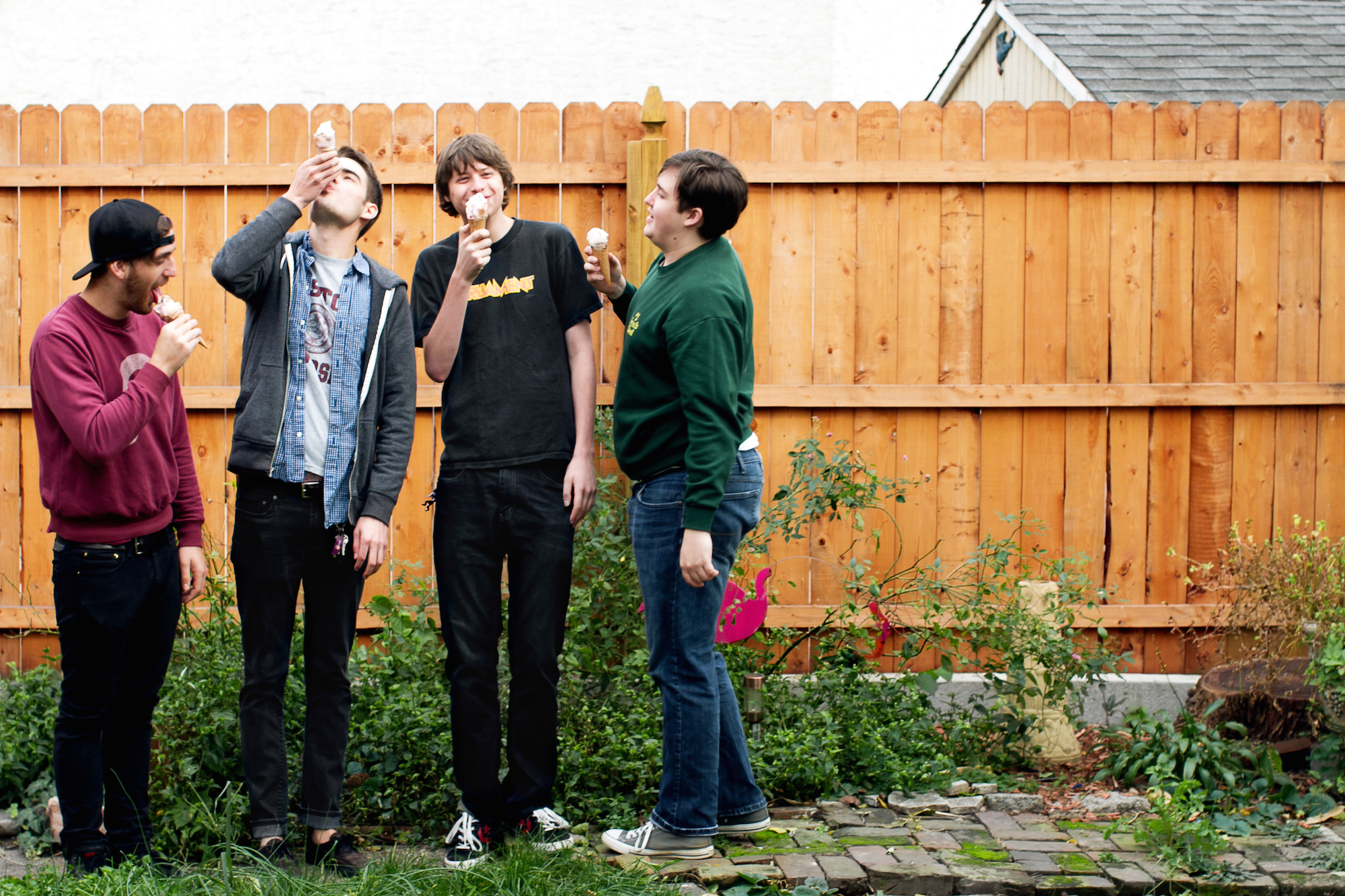I next saw the band in December 2014 in Melbourne. Prior to coming Australia they completed a 22-date North American tour, which is when Cave composed The Sick Bag Song. It’s an unconventional tour diary containing surrealist poetry and in depth intertextuality. It incorporates elements of autobiography and confessional poetry, and presents drafts of song lyrics that Cave proceeds to critique. A recurring feature is Cave’s inquiry into the nature of memory and its relationship to identity. Specifically, the book starts with a memory of himself as a boy standing on a railway bridge. To avoid annihilation, he must take a plunge into the unknown. This becomes an allegory for the artistic process.
As far as the particular memory goes, in March 2015 Cave told Vice’s John Doran, “[It’s] a true memory, as much as memories of these sorts of things can be true.” Whether or not memories can ever be regarded as true or fully accurate is one of the book’s central queries. However, perhaps the most revealing element of The Sick Bag Song – and what ultimately ties it all together – is the revelation of how being on tour distances Cave from his wife. In that same Vice interview he explained, “The idea of being on tour and having certain kind of anxieties about what’s going on at home becomes the engine of this particular book, because my wife isn’t answering the phone throughout this.”
Throughout his 30-year career Cave’s been a characteristically enigmatic artist, frequently writing in character and about characters. But The Sick Bag Song partially dismantles the fourth wall to illuminate the isolating nature of life on tour. One can’t help but feel a sense of schadenfreude in seeing this man who many regard with mythical reverence exposing the fact that his marriage, like all marriages, goes through periods of instability.
But how can we be sure The Sick Bag Song is in fact a work of confessional poetry? There’s every possibility that Cave’s again writing in character, or at the very least exaggerating the real life circumstances. In June 2015 he told The Guardian’s Tim Lewis, “It’s a character-driven story and that character is on some level a literary invention that just happens to be an ageing rock star on the same tour I’m doing.” We shouldn’t get carried away presuming that The Sick Bag Song brings us any closer to the man behind the rock star mask, and in the end that’s not really the point. This epic poem isn’t just worthy of curiosity because a famous guy wrote it. It’s both funny and philosophically potent, occasionally prosaic and banal, and illustrative of vulnerability, while also containing avowals that being onstage transforms Cave into a deity.
The title stems from the fact that Cave began writing the poem while he was on a airplane. Finding himself without a notepad, he grabbed a sick bag from the seatback pocket in front of him. His first intention was to write a song, but what came out required him to take a plunge into the unknown. “I have always had a terror of writing poetry,” he told Vice. “Once I’d realised that I was writing a poem, and the kind of strictures of writing a song – the economy of writing a song was lifted off me… it sort of opened the gates to something I hadn’t done before.”
As the book proceeds, the sick bag becomes more than just an object onto which he records his thoughts. “Inside the sick bag is everything that I love and loathe,” said Cave during the Vice interview. “My influences and the people that I worship, in a way – the people that have had huge impact on me over the years.” Here we get to know what artists Cave values above all others – Leonard Cohen, John Berryman and Nina Simone among others. Though, they’re not referenced in an act of glorification, but rather to explicate the concrete impact their artistry has had on Cave’s outlook.
If you want to believe you’re getting to know Nick Cave on a more intimate level, then The Sick Bag Song will provide plenty of clues to convince you. But it’s not simply a self-centred letter to the fans – Nick Cave’s got too much imagination for that.
BY AUGUSTUS WELBY







